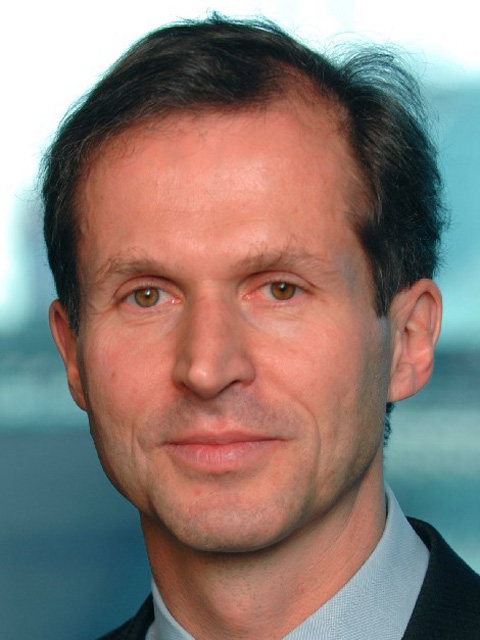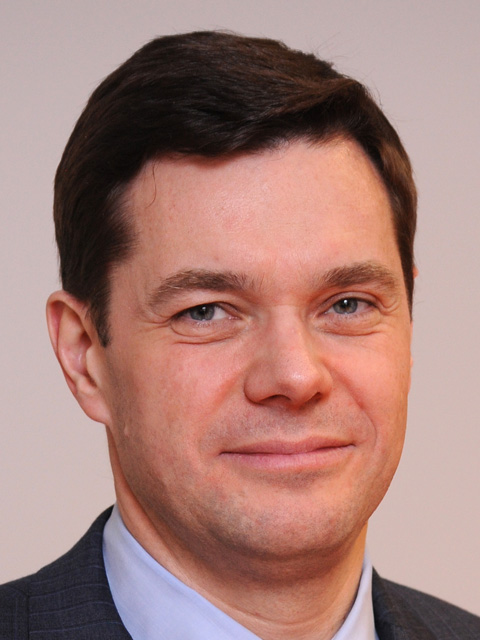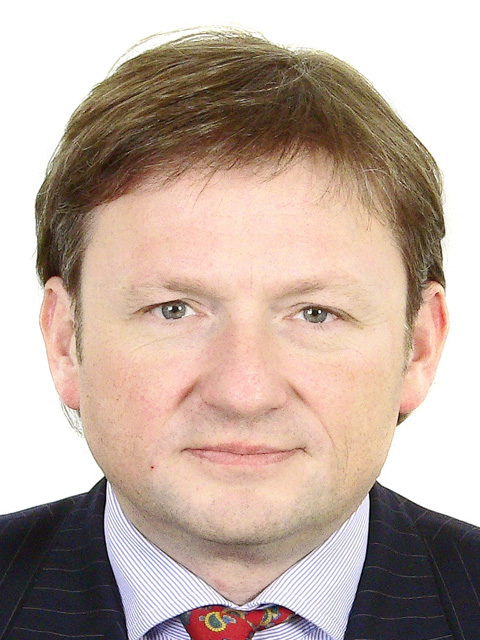ESTABLISHING GLOBAL FRAMEWORKS TO ADDRESS OFF-SHORE CORPORATE STRUCTURES: WHO STANDS TO BENEFIT?
Developed economies and international organizations alike have been battling against the use of offshore structures to avoid taxes. Recently the G-20\OECD economies have been seeking to better coordinate taxation and exchange of information, including through the anti-Base erosion and profits shifting (BEPS) initiatives. and bank regulation and institute international treaties to address the issue. Nevertheless, according to the United Nations, about 90 economies continue to promote offshore tax shelters. What measures are proving most effective in addressing the issue? How can business be incentivized to forgo the adoption of offshore schemes?
Moderator:
Bob Davis ,
Senior Editor, The Wall Street Journal
Panellists
Elena Bezdenezhnykh ,
Vice President, State Secretary, GR, Norilsk Nickel
Erik Berglof ,
Director of the Institute of Global Affairs, The London School of Economics and political Science (LSE)
Pavel Grachev ,
Chief Executive Officer, Polyus
Alexey Mordashov ,
Chairman of the Board of Directors, Severstal
Jay Nibbe ,
Member of the Global Executive Committee and Global Vice Chairman – Tax, EY
Boris Titov ,
Presidential Commissioner of the Russian Federation for the Protection of Entrepreneurs’ Rights
Sergey Shatalov ,
Deputy Finance Minister of the Russian Federation












